The concept of harnessing the sun’s energy for cooking dates back centuries, but the innovation of the parabolic solar cooker has brought this idea into the modern age. This article delves into the intricacies of parabolic solar cookers, exploring their design, efficiency, environmental impact, cost-effectiveness, and ease of use. By breaking down these key areas, we aim to provide a comprehensive understanding of how these devices are contributing to renewable energy efforts and what makes them a compelling choice for eco-conscious individuals.
Table of Contents:
– Understanding the design and functionality of parabolic solar cookers
– Evaluating the efficiency of parabolic solar cookers
– The environmental impact of adopting parabolic solar cooking
– Cost-effectiveness of parabolic solar cookers
– Ease of use and maintenance
Understanding the design and functionality of parabolic solar cookers:
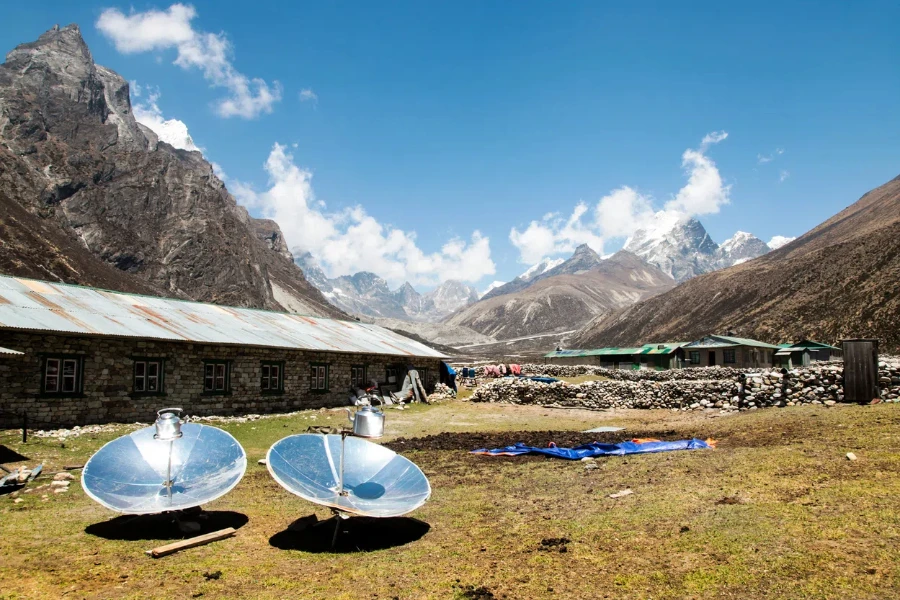
Parabolic solar cookers harness the sun’s rays by concentrating them onto a specific point or area, typically where the cooking pot or pan is located. The parabolic shape is crucial; it’s designed to capture and focus sunlight from a wide area into a concentrated beam. This design allows for higher temperatures to be reached, compared to other solar cooking methods, making it possible to boil, fry, or bake food. The materials used in the construction of these cookers play a significant role in their functionality, with reflective metals being a popular choice for their ability to efficiently direct sunlight.
Evaluating the efficiency of parabolic solar cookers:
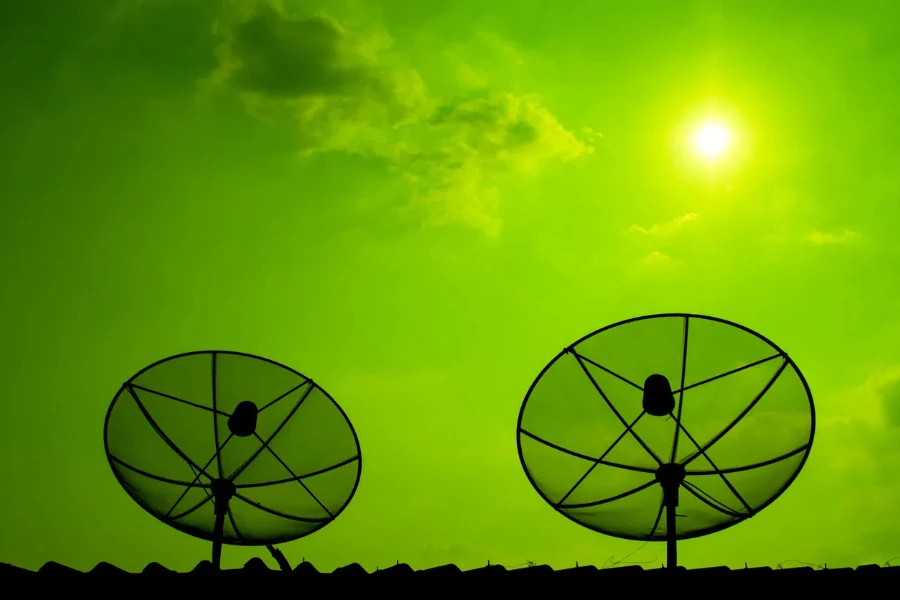
The efficiency of parabolic solar cookers is a key factor in their appeal. They can reach cooking temperatures in a matter of minutes, rivaling traditional cooking methods in speed under optimal conditions. However, the efficiency can vary based on several factors, including the cooker’s size, the materials used, and the intensity of the sunlight. Despite these variables, the ability of these cookers to utilize a free and abundant energy source without fuel costs or emissions is a significant advantage.
The environmental impact of adopting parabolic solar cooking:
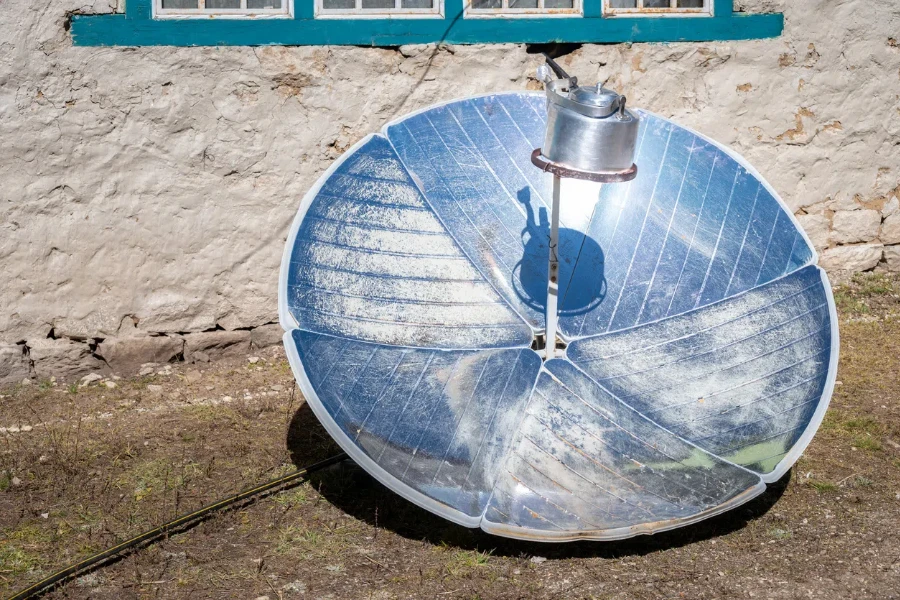
Adopting parabolic solar cookers has a profound impact on the environment. By utilizing the sun’s energy, these cookers eliminate the need for fossil fuels or biomass, reducing carbon emissions and deforestation. This clean cooking method contributes to improved air quality and supports sustainable living practices. Furthermore, parabolic solar cookers offer a solution to energy scarcity in remote or underprivileged areas, highlighting their role in promoting environmental justice.
Cost-effectiveness of parabolic solar cookers:
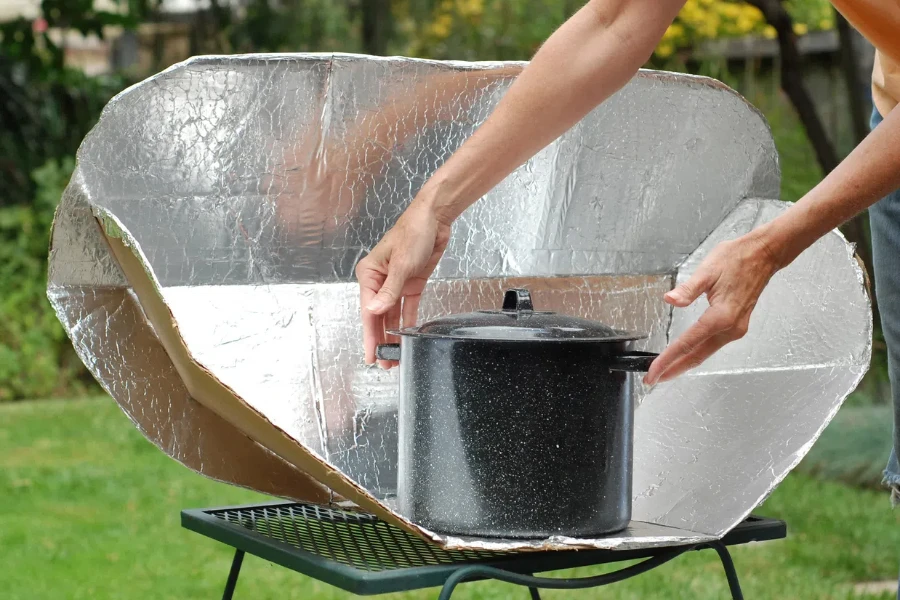
While the initial investment in a parabolic solar cooker may be higher than traditional cooking appliances, the long-term savings are significant. The elimination of ongoing fuel costs means the cooker can pay for itself over time. Additionally, the durability and low maintenance requirements of these cookers contribute to their cost-effectiveness. As renewable energy technologies advance, the price of parabolic solar cookers is expected to become even more accessible, making them an economically viable option for a wider audience.
Ease of use and maintenance:
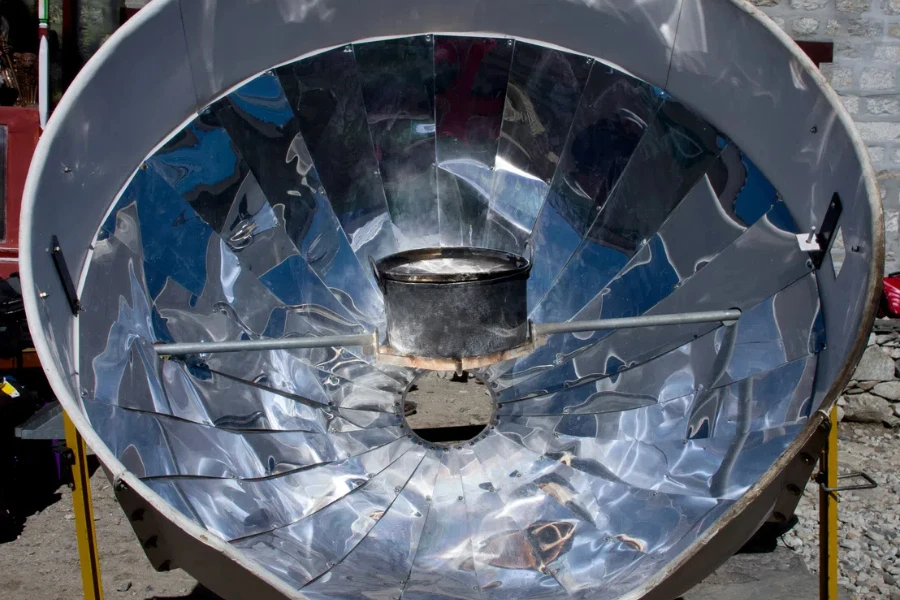
Parabolic solar cookers are designed with the user in mind. They are generally lightweight, portable, and easy to set up, making them suitable for both home use and outdoor activities. The cooking process is straightforward, although it requires some adjustment to cooking times and techniques due to the variable intensity of sunlight. Maintenance is minimal, often only requiring regular cleaning and occasional checks to ensure the reflective surface remains undamaged and effective.
Conclusion:
Parabolic solar cookers represent a significant advancement in renewable energy technology, offering an efficient, environmentally friendly, and cost-effective solution for cooking. By understanding their design, efficiency, and benefits, individuals can make informed decisions about incorporating these innovative devices into their lives. As the world moves towards more sustainable living practices, parabolic solar cookers stand out as a practical and impactful choice for those looking to reduce their carbon footprint and embrace the power of the sun.




